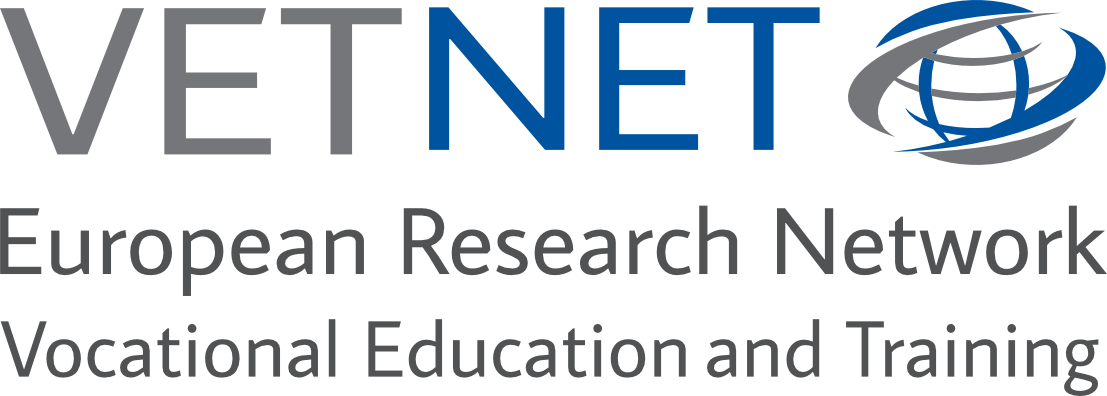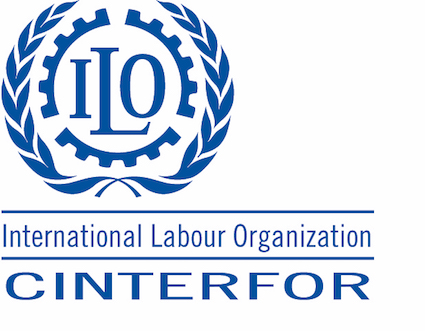Understanding informal jewellery apprenticeship in Ghana: Nature, processes and challenges
DOI:
https://doi.org/10.13152/IJRVET.7.1.3Keywords:
Informal education, apprenticeship, jewellery, education, master and apprentice jewellers, vocational education and training, VET, TVETAbstract
Context: The processes of acquiring education in jewellery in Ghana has been dominated by the informal apprenticeship system and it forms the backbone of the workforce of the jewellery industry in Ghana. However, the patronage of informal jewellery apprenticeship in Ghana in recent times has been on decline even though it has the potential of training human resources to transform Ghana’s precious mineral resources sector.This is based on the belief that jewellery trade and its training are shrouded in secrecy, in other words, the jewellery trade is considered to be a sacred profession where information on its operating systems are not allowed to be shared easily. It is believed to be associated with cult and magic, hence the reluctant to admit people who are from outside the family of particular jewellery enterprise. This study is sought to bring to fore the understanding nature, processes and challenges of the informal jewellery apprenticeship in Ghana.
Approach: The study adopted the descriptive and phenomenology research designs (qualitative research methods). Jewellers who own a jewellery business and who are training other people through apprenticeships as well as people who are trained are observed and interviewed. A sample size was selected through purposive and convenience sampling techniques from four jewellery enterprises in Accra, Ghana. A thematic analysis plan was adopted to generate fndings of the study.
Findings: The results show that for a person to train as a jeweller, s/he has to enrol by going through induction, futhremore fees (money and perishable items) are to be paid. The training content is driven by orders received by the master jeweller, thereby making it unstructured and lacking criteria for assessing the performance and progress of apprentice jewellers. Teaching and learning methods are usually on-the-job training that rely on demonstrations and observation.
Conclusion: Informal jewellery apprenticeship in Ghana uses a fexible, cost-efective approach for transferring jewellery making skills from masters to apprentice jewellers, and it has substantial potential for improving skills training in the country. Sometimes the reluctant of some jeweller to train others is to keep the trade to family members only.
Downloads
Online First / Final Publication Date
How to Cite
Issue
Section
URN
License
Copyright (c) 2020 Mohammed Kwaku Baidoo, Akosua Tachie-Menson, Nana Ama Pokua Arthur, Eric Appau Asante

This work is licensed under a Creative Commons Attribution-NonCommercial-NoDerivatives 4.0 International License.





